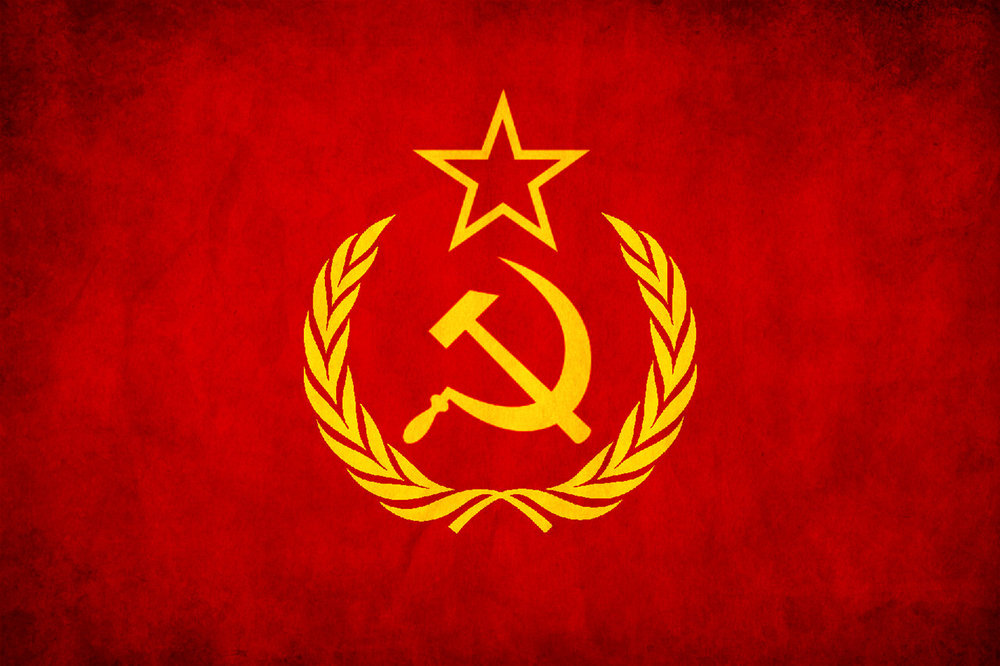My married life began in a somewhat unusual way. During the very first month of our marriage, my wife and I were sent to the now former Soviet Union to try and bring some hope and courage to the “refuseniks” that were fighting for the dignity and freedom of their compatriots.
The Refusenik Movement
Persecution of Jews in Soviet Russia extended back for decades, but it escalated after the Six-Day War in 1967. Systematic anti-Semitism became the order of the day. For example, quotas were placed on educational slots for Jews and certain government sectors were off-limits. Religious freedoms were curtailed, and observant Jews were forced to go underground to maintain their religious education and observances.
When oppressed Soviet Jews requested exit visas, many were refused permission to leave the country, or their cases dragged on for years. Those Jews who were denied exit visas and who went “underground” to maintain their sense of Jewish identity became known as refuseniks. Many faced extreme persecution or imprisonment. At the least, they suffered economic pressures and a good deal of social ostracism.
By the end of Khruschev’s era, militant atheism led to aggressive acts against all religious practices. Jewish cemeteries were destroyed, synagogues were closed, and books with Jewish authors banned. As often happens when religious persecution escalates, young Jews began to crave more knowledge about their religious roots. Underground Hebrew classes sprang up all over the Soviet Union, and commemorations at the sites of World War II Jewish atrocities were held clandestinely.
Four Weeks on a Mission
In 1986, we left on a mission to provide both material supplies and moral support to Soviet Jews who were struggling under the religious repression of the Soviet regime. Knowing how important it is to have symbols and reminders of one’s faith, we smuggled in many Judaic goods to share with our peers, including mezuzot, Kiddush cups, and menorahs, as well as numerous photos of Israel. As the statute of limitations has surely run out, I will candidly admit that we paid off some custom officials and succeeded in getting all the goods into the country and distributing them to others.
Probably more importantly, we brought messages from supporters and family members, as well as assurances that one day these brave refuseniks would be able to leave the country and come “home” to Israel.
We spent a total of four weeks in the former Soviet Union, in what today includes Russia, Moldavia, and the Ukraine. There was a certain cloak and dagger element to our visit. Throughout our stay, we acted as tourists, even as we visited many Jews in their underground communities as they diligently studied Judaism and Hebrew and sought to maintain Jewish traditions.
After the first week, the KGB caught up with us, so to speak — I guess our acting was less than professional! Their constant presence made our lives more challenging — we were followed everywhere and brought into police stations several times for “interviews.” We were also offered several television interviews, but denied all of them. Chalk it up to the excitement of being newlyweds on a mission, but we actually enjoyed the game.
It was a time of uncertainty but the feeling was that change was in the air and that anything could happen. What a blessing to feel that we who had so much could do something to help the lives of fellow Jews who struggled for what we took for granted. We felt that we were, in our own small way, making a difference, and were glad to begin our marriage with a commitment to the larger community.




